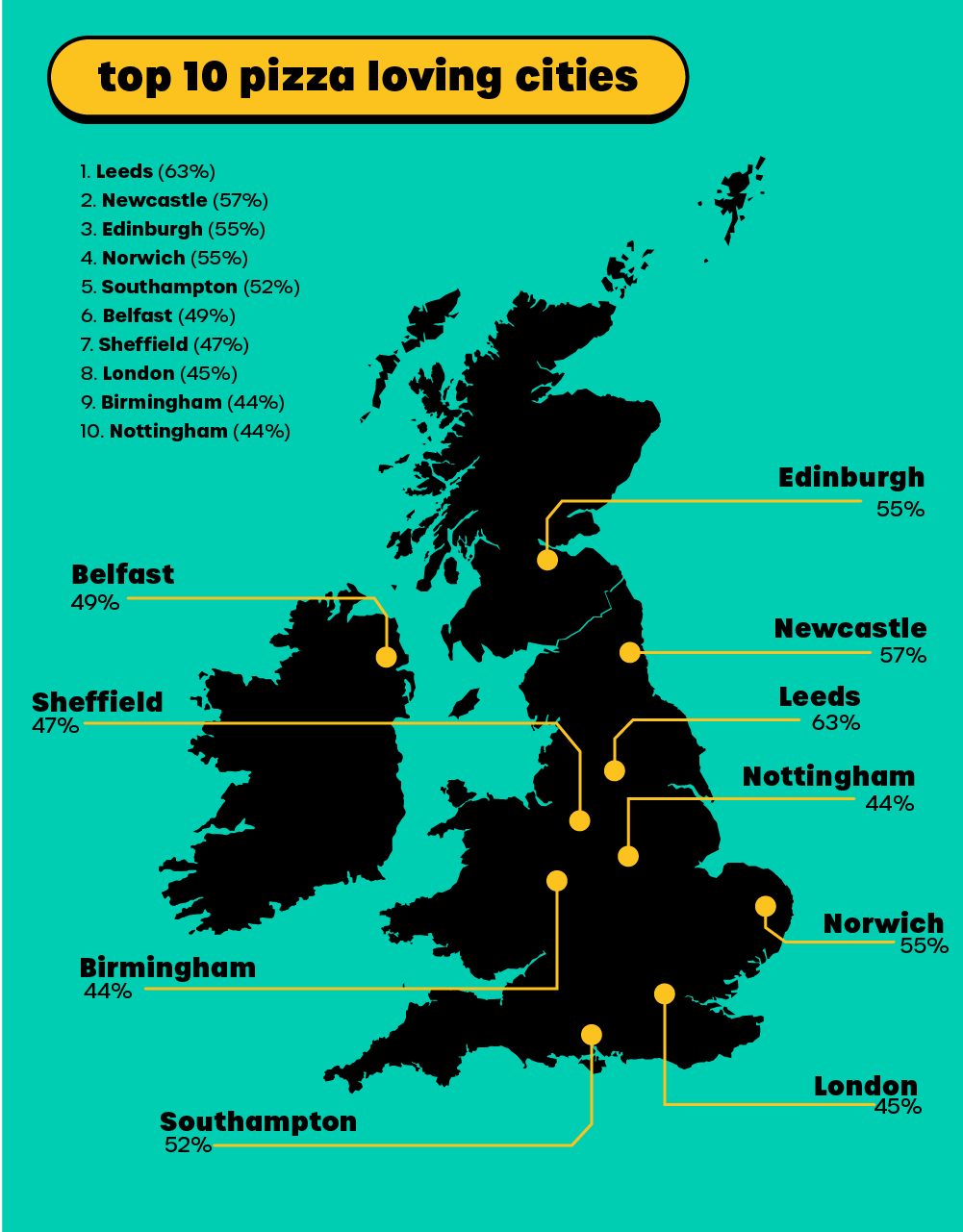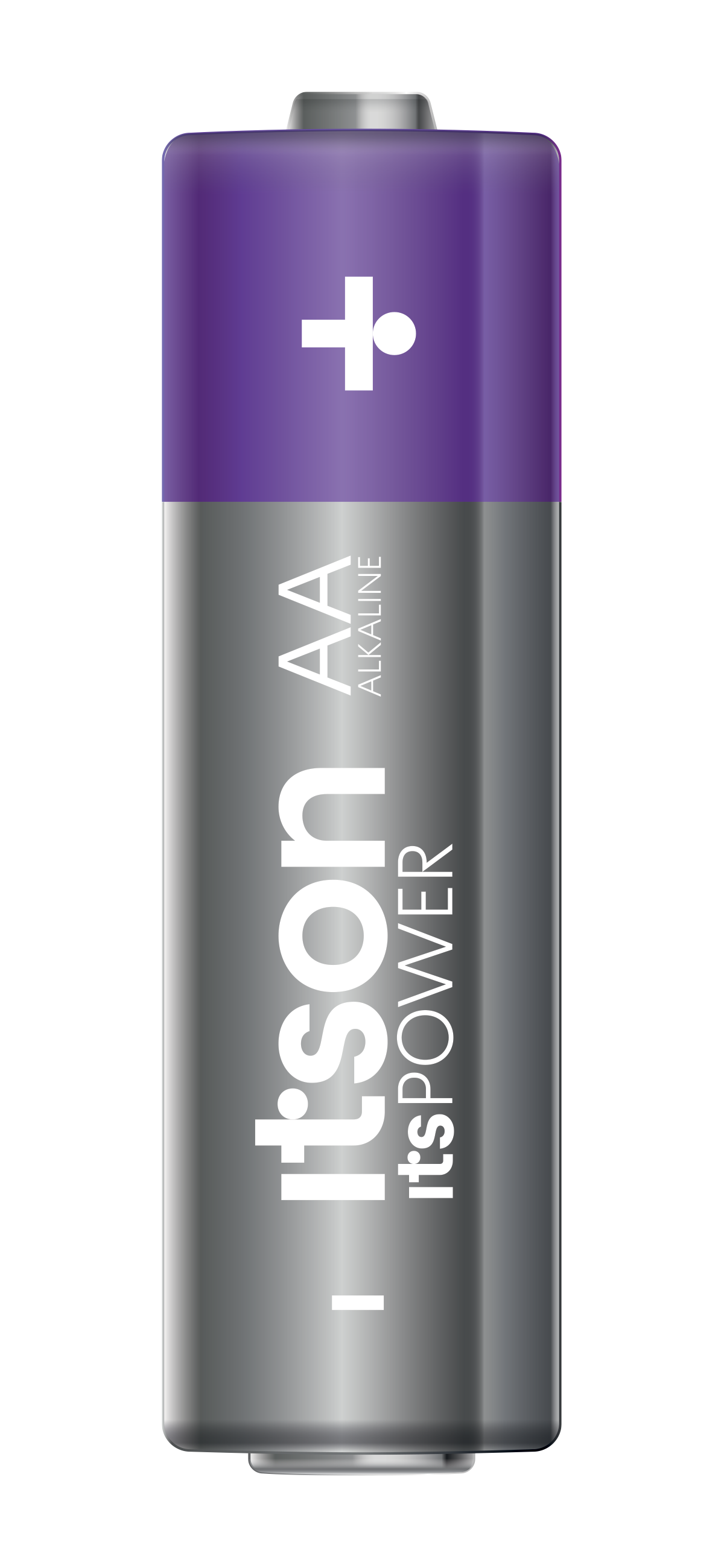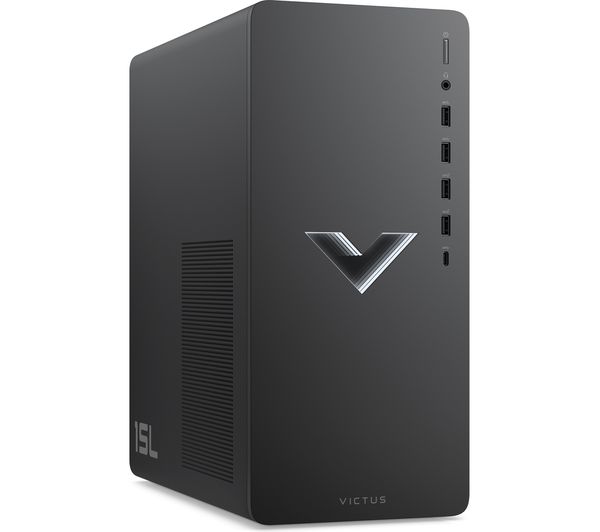In today’s world, internet privacy has become a major concern for everyone who uses the internet. There are many ways to secure your online activity, and one of the most effective methods is by using a Virtual Private Network (VPN). A VPN can protect your online activity by encrypting your internet connection, making it unreadable to anyone who may be trying to intercept your data. In this article, we will explain what VPN encryption is, how it works, and why it matters.
What is VPN Encryption?
VPN encryption is the process of converting your internet data into an unreadable format that can only be deciphered by someone who has the correct decryption key. This is achieved by using complex algorithms that scramble your data into an unintelligible form. The encrypted data is then sent through a secure tunnel to the VPN server, where it is decrypted and sent on to its intended destination.
How does VPN Encryption Work?
The encryption process starts when you connect to a VPN server. The VPN software on your device will establish a secure connection to the VPN server, and all data transmitted between your device and the VPN server will be encrypted using a strong encryption protocol such as AES (Advanced Encryption Standard). This encryption ensures that your internet data is secure and protected from interception by cybercriminals, hackers, or government agencies.
Why is VPN Encryption Important?
VPN encryption is important because it protects your online activity from prying eyes. When you connect to the internet without a VPN, your internet activity can be intercepted by cybercriminals or government agencies who may be spying on you. With VPN encryption, your internet activity is protected and cannot be intercepted. This is especially important if you are using public Wi-Fi, which is notoriously insecure and can be easily hacked.
Benefits of VPN Encryption
VPN encryption provides many benefits, including:
- Protection from cyber attacks: VPN encryption protects your online activity from cyber attacks, including phishing scams, malware, and hacking attempts.
- Privacy and anonymity: VPN encryption ensures that your online activity remains private and anonymous. Your IP address is hidden, and your internet data is encrypted, making it unreadable to anyone who may be trying to intercept it.
- Access to restricted content: VPN encryption allows you to bypass geographical restrictions and access content that may be blocked in your region.
- Secure remote access: VPN encryption provides a secure way for remote workers to access company resources without compromising security.
Conclusion
VPN encryption is an essential tool for anyone who values their online privacy and security. By encrypting your internet data, VPNs provide a secure and private online experience that cannot be intercepted by cybercriminals or government agencies. VPN encryption also provides many other benefits, including access to restricted content, protection from cyber attacks, and secure remote access. If you want to ensure your online privacy and security, using a VPN with strong encryption is a must.





















